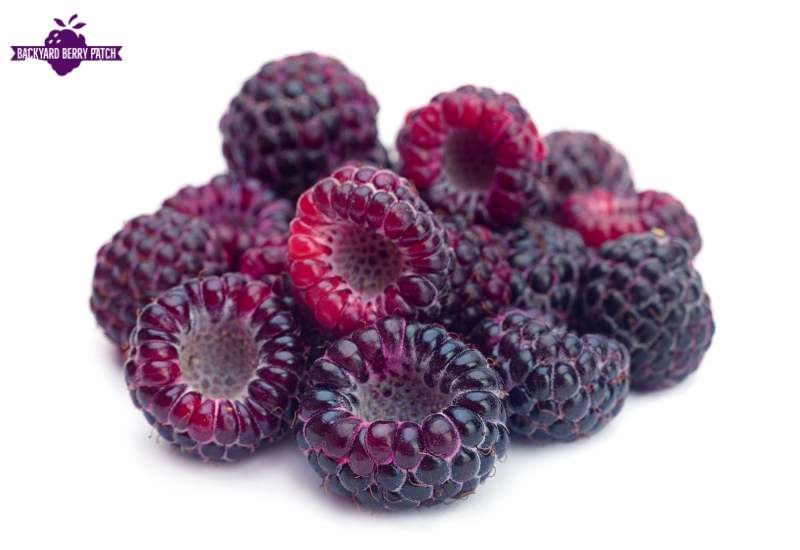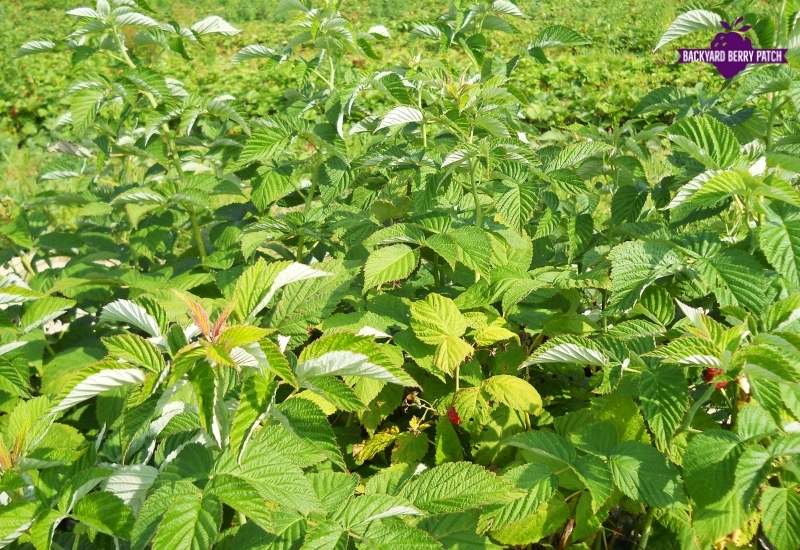If you’re looking to add some sweet and juicy berries to your yard, growing raspberries in Washington is a great choice. The state’s climate is perfect for these tasty treats.
You’ll find that raspberries are easy to grow and can thrive in home gardens across Washington.
The best raspberry varieties for Washington include Heritage, Cascade Delight, and Meeker. These cultivars do well in the state’s weather and soil. They offer great flavor and are packed with antioxidants. Plus, they’re hardy enough to withstand Washington’s winters.
You don’t need to be an expert gardener to grow raspberries in Washington. With a little care, you can enjoy fresh berries from your own backyard. They’re not just yummy – they’re also good for you. So why not give raspberry growing a try?
Washington Climate And Soil Overview
Washington has a climate that’s great for growing raspberries. You’ll find the weather is generally mild, with cool winters and warm summers.
The state gets plenty of rain, especially west of the Cascades. This helps keep your raspberry plants happy and hydrated.
In most parts of Washington, you’ll want to plant your raspberries in full sun. But if you’re in a really hot area, a bit of afternoon shade can be good.

The soil in Washington is often rich and fertile. But you’ll still want to do some prep work before planting. Here’s what to aim for:
- Well-drained soil
- Slightly acidic pH (5.5-6.5)
- Rich in organic matter
To get your soil ready, mix in some compost or well-rotted manure. This will help with drainage and add nutrients.
Raspberries don’t like wet feet, so make sure to build raised beds if your soil is heavy clay.
Recommended Thornless Raspberry Varieties In Washington
Growing thornless raspberries in Washington can be a fun and rewarding experience. You’ll enjoy easier harvesting without worrying about prickly thorns!
One great option is the Caroline raspberry. This variety produces sweet, juicy berries and thrives in Washington’s climate. Plant Caroline raspberries in full sun with well-draining soil.
Another excellent choice is the Raspberry Shortcake variety. It’s perfect for small spaces and containers. You’ll love its compact size and thornless canes.
Here are some tips for growing thornless raspberries:
- Plant in rows 6-8 feet apart
- Space plants 2-3 feet apart within rows
- Use a trellis for support
- Add compost or well-rotted manure to the soil
- Mulch around plants to retain moisture
Thornless raspberries are often everbearing or fall-bearing. This means you can enjoy two harvests – one in summer and another in fall.
Remember to fertilize your plants in spring with a balanced fertilizer. This will help promote healthy growth and abundant fruit production.
Watch out for common diseases like root rot. Ensure good drainage and avoid overwatering to keep your plants healthy.

Recommended Thorny Raspberry Varieties In Washington
If you’re looking for thorny raspberry varieties to grow in Washington, you have some great options. These plants can provide a natural barrier and deter pests.
Meeker is a popular summer-bearing raspberry variety. It produces large, firm berries with excellent flavor. Meeker plants are known for their high yield and disease resistance.
Willamette is another good choice for Washington gardens. This variety has strong canes and produces sweet, flavorful berries. It’s resistant to many common raspberry pests and diseases.
For a later harvest, try Killarney. This variety produces bright red berries and has good disease resistance. The canes are thorny and upright, making them easy to manage.
Here’s a quick comparison of these varieties:
| Variety | Harvest Time | Berry Size | Disease Resistance |
|---|---|---|---|
| Meeker | Mid-season | Large | Good |
| Willamette | Early | Medium | Excellent |
| Killarney | Late | Medium | Good |
Remember, these are all floricane-fruiting raspberries. This means they produce fruit on second-year canes.
To keep your plants healthy, watch out for common issues like aphids and raspberry bushy dwarf virus. Good care and proper pruning will help your thorny raspberries thrive in Washington’s climate.
